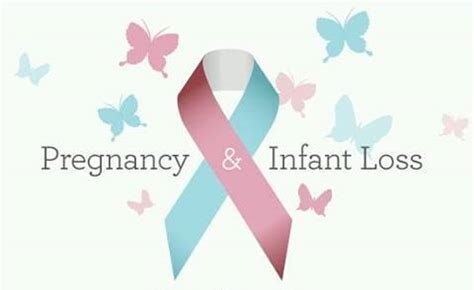In October we acknowledge pregnancy and infant loss. For those of you who have had personal experiences with infertility and loss I am certain your acknowledgement is not contained to October alone.
However, I believe it is important for those who have been fortunate enough to have not experienced the same pain to hear more about how they can support those who have.
Knowledge is so important! For we cannot heal or support others is we are not first aware that a problem exists. In October our voices get even louder as we advocate for others to acknowledge our very valid but often disenfranchised grief.
Advocacy is not always easy, but very important.
I have had people comment on how brave I am to be shining a light on this often taboo topic through the writing and sharing of my book, my public speaking opportunities, and the counselling work that I do.
I agree that it does take courage to advocate for any minority group. In the often grief-avoidant society we live in it makes people uncomfortable when we speak up.
We often get the message that it is not OK to voice our feelings on this topic because it makes others so uncomfortable. In their discomfort they often try to ‘fix us’ or ‘cheer us up’ so they don’t have to see us in so much pain.
Although, if no-one speaks up than nothing changes. The people who follow us feel just as isolated and unsupported as we did. It is only through advocacy that we are able to make change!
Post-traumatic Growth is one reason people become advocates.
When we survive something traumatic we can experience something called Post-Traumatic Growth. This growth is when we discover that something good can come out of our time struggling with something bad.
We bounce forward with a new awareness and understanding of ourselves and often develop new behaviours, not evident before the traumatic event, new strengths and insights which results in a transformation from who we once were.
This growth can spark a drive in us to want to support others going through something similar, so they don’t have to struggle in the same way.
It can allow us to advocate for change and use our lived-experiences to create new supports or resources for others. We may even change careers or develop new friendships or partnerships with more like-minded people we can relate to.
How can we support Pregnancy and Infant Loss awareness?
We can show our support for this cause in small ways and large. How each of us choose to advocate and support this cause will be different, based on our experiences, strengths, and purpose.
It is just as important for those of us who have personally experienced pregnancy and infant loss to be aware as it is for our supporters and carers.
One of the smallest and most powerful ways we can show our awareness is in the language we use with others. This includes not judging others or assuming they are mothers/parents but being curious about their experiences.
We may also listen to, attend, or contribute to: news articles, social media posts, podcasts, talks, conversations, books, or forums in an informed way. This means also being mindful of the language we use.
On the 15th of October at 7pm we light candles to remember the babies we lost and the ones who left too early.
We live in a pronatalist society.
Our society is formed on pronatalist views. this means we are naturally pro-birth and assume women should have babies and be mothers.
This view makes it difficult for women/parents who have just experienced pregnancy and infant loss as people can say hurtful comments without even meaning to – assuming you have children, want children or don’t want children.
Acknowledging grief and loss.
With as many as 1 in 6 couples experiencing infertility and 1 in 4 women experiencing pregnancy and infant loss this is a loss many people are aware of.
When we don’t speak about grief and loss or create a safe space for others to share their stories we unconsciously learn that it is not safe to share our feelings.
We still feel the loss but we don’t have healthy ways to express it; resulting in us bottling it up or learning to cope in other, less healthy ways.
People experiencing pregnancy and infant loss know their pain can’t be fixed but holding space for us and being able to listen to us express how we feel without judgement goes a long way to help us heal!
